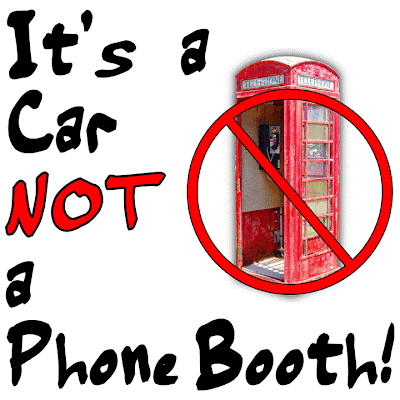
The Large Hadron Collider (LHC), the world's largest and most powerful particle accelerator, lies beneath the border between France and Switzerland, near Geneva. It is, by far, the most powerful device ever constructed for the study of sub-atomic particles. It's main ring is some 17 miles in circumference. At full "throttle", it can accelerate a "train" of protons (2808, to be exact) to 99.999999% of the speed of light. At that speed, the protons make the 17 mile journey around the main loop 11,000 times per second before being purposely obliterated in a head-on collision with another proton "train".
When the LHC becomes fully operational, 7000 scientists from 80 different countries will have access to the facility. They are all searching for the first physical evidence of a subatomic particle called the Higgs boson, the last unobserved particle in the standard predictive model. Mankind is spending billions of dollars to find it by splitting the one of the smallest known things in our universe.
Split an atom and you may win a Nobel prize. Split an infinitive and every bitty old English teacher everywhere will give you a stern look of disapproval (if you're lucky).

An infinitive has two parts: the word, "to" followed by a verb. To eat, to dance, to laugh, to sing, to bloviate, to prevaricate, to fulminate, to pontificate are all infinitives.
Splitting an infinitive is simply inserting an adverb in between "to" and the verb. Examples include: to carefully do, to quickly acquiesce, to blatantly opine, etc.
You can argue that splitting an infinitive might weaken a sentence or make it sound awkward, but my pet peeve with the old school is: how do you clearly express the negative without splitting the infinitive? (Yeppers, the word "not" is an adverb.)
For example...
"He learned not to phone while driving."
vs.
"He learned to not phone while driving."
The first sentence means he attempted but failed to acquire the ability to make phone calls while he was driving.
The second sentence means he learned that only morons make phone calls while they are driving and that if he had functional neurons left in his brain he should choose to avoid making phone calls while driving.
Not that phoning while driving is a big deal to me, or anything.
NEWSFLASH! The 10th edition of the Gregg Handbook finally clears the way with this declaration:
"Splitting an infinitive is no longer considered incorrect. However, it should be avoided when it produces an awkward construction and the adverb would function more effectively in another location".
Whew! Finally...we can get the word out CORRECTLY that EVERYONE SHOULD LEARN TO NOT PHONE WHILE DRIVING.
Not that phoning while driving is a big deal to me, or anything.





No comments:
Post a Comment